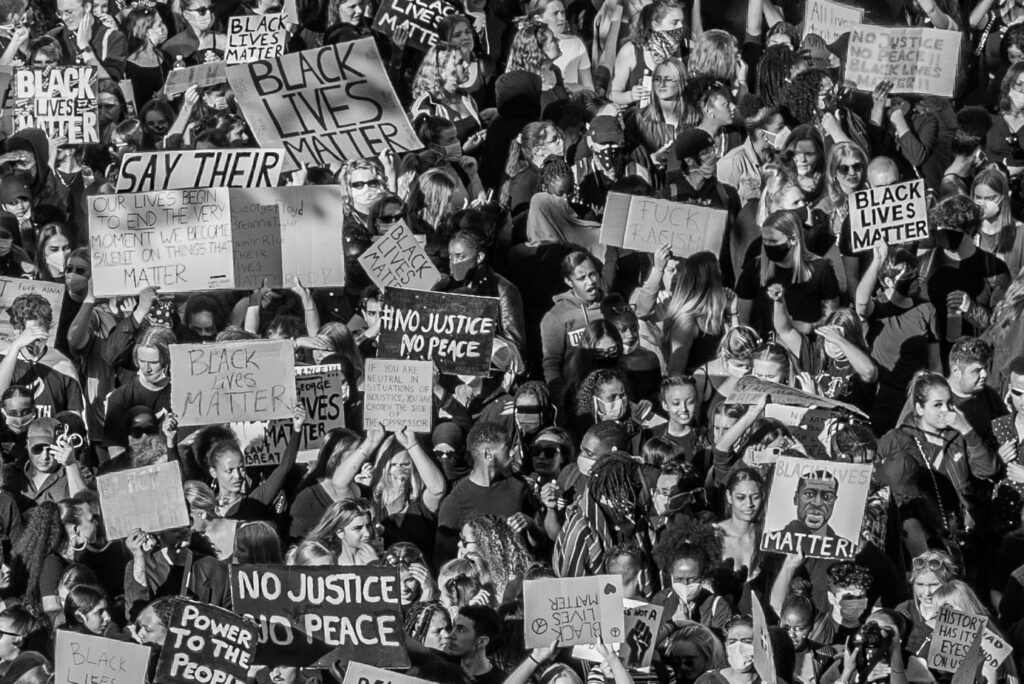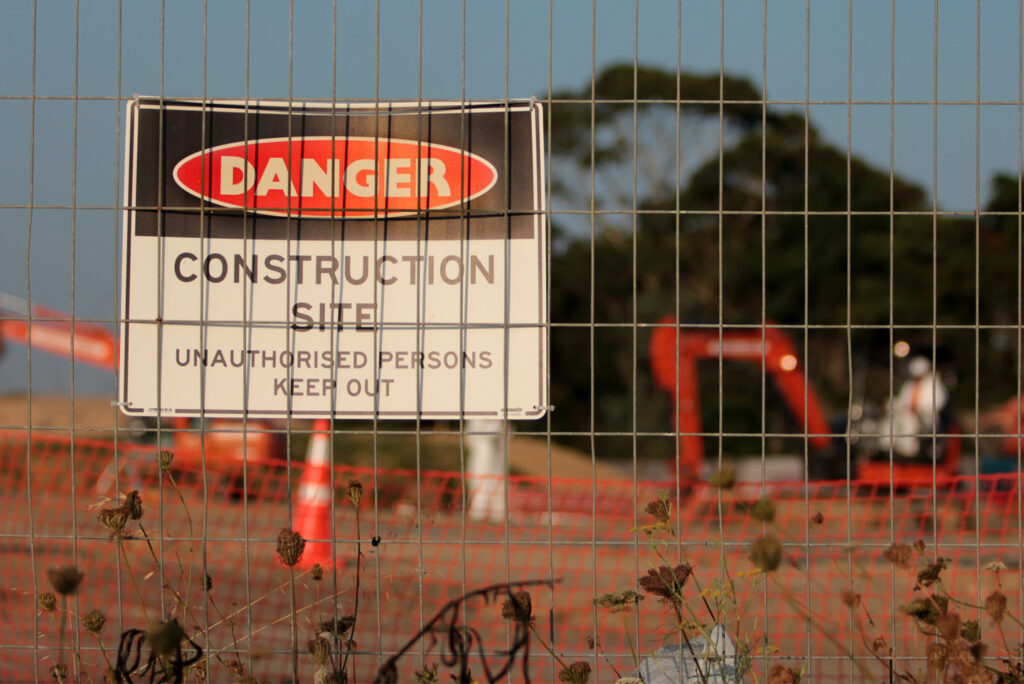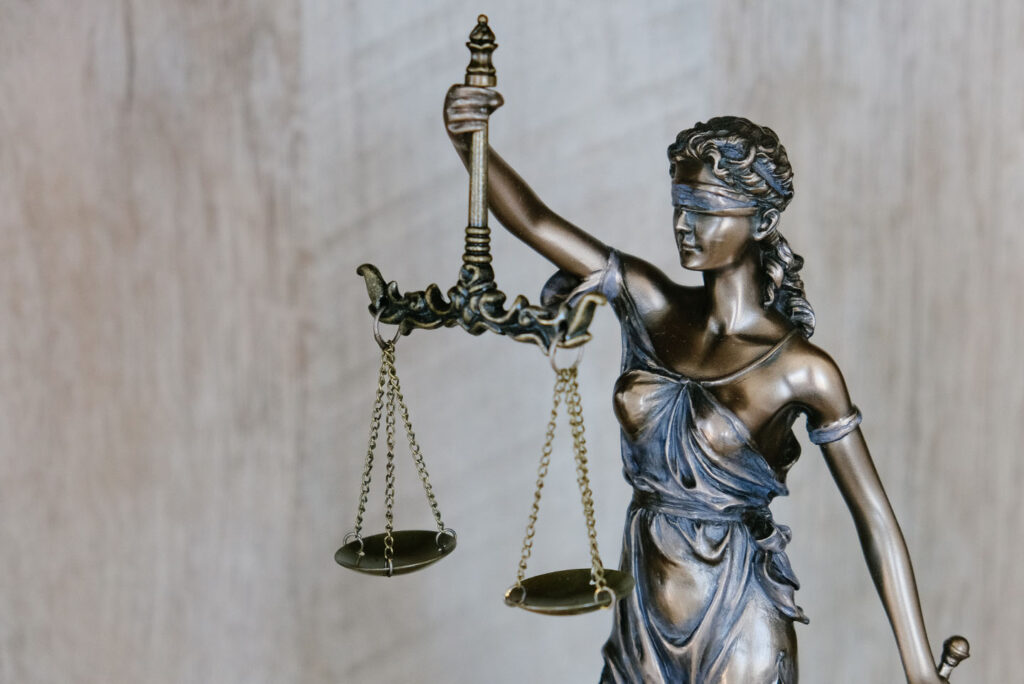Introduced in 2022, the Public Order Bill is set to destroy foundations of a democratic right to be heard. We reveal tips on protesting after the passing of the bill in early 2023

The Public Order Bill, that is still moving through Parliament, aims to introduce a series of measures that, detractors argue, intend to destroy the foundations of a democratic society. Aiming to take away our freedom to voice our opinions with noise restrictions and much more, consequently the purpose behind protesting. With a huge increase of protests over the years across the United Kingdom, the policy taken our right to be heard and silence criticism against the government.
If the bill should pass, police would have extended powers to impose conditions onto protests and protesters, stop and search anyone attending a protest (even without suspicion), restrict the amount of people who attend and even decide who can attend and now what you do online surrounding the protests.
Previous protests such as the Black Lives Matter movement in 2020 to more recent protests from ‘Just Stop Oil’ that utilise disruption in the form of blocking motorways, access to buildings, chaining themselves to each other or objects and noise disruption level to protest are now all being used as main targets under the new law.
Whilst this all makes it seem impossible to get your voice heard, here are seven things we’ve been chatting about over dinner…

One- For starters, if we are thinking about organising a protest, we’d better tell the police.
Though it is still legal to protest under the European Convention of Human Rights despite the U.K. leaving the EU.
The decision to notify the police beforehand means you can establish ground rules for the protest, you just make sure everyone follows them.
Two- We must know what conditions the police can impose on protests too
As well as being allowed to stop and search anyone attending a protest, the police are allowed to impose conditions onto the protest and protesters. Conditions include a restriction to location, the duration and the number of participants allowed to part-take and the time a protest can go on for.
three- There is also the thing about space…
You cannot protest on private property, without being considered trespassing and can be arrested for this, as well as aggravated trespassing. If you are now considered to be disrupting an organisation or two or more persons, the police would have powers to impose conditions (tip 2) onto your protest, fine protesters and even arrest organisers.
The current state of the bill identifies ‘tunnelling’ as protesting on any construction site. Under the new bill this will no longer be allowed, maybe due to health and safety reasons more than disruption.
Police would also prohibit protests in a specific area, and up to a five-mile radius, for up to three months but only if they believe that due to circumstances in the area, such as overcrowding during rush hour, conditions would be insufficient to prevent serious public disorder.
four- This is kind of silly but… the noise we make is also about to change
Though this is the main point of a protest, the bill doesn’t agree, and neither will the police. If they consider the noise to be of disruption to people or organisations nearby, you can be fined and arrested.
It is currently noted on GOV.UK that imposing conditions based on noise will vary. How long a protest goes on for and even if the buildings they are protesting in front of feature double-glazed architectural features that block out noise are all factors on what and if conditions can be imposed on your protest.
These rules also apply to static protests.
Controlled areas based on the noise disruption means that government is looking to restrict protests in or around Parliament.
Five- Penalties and imprisonment
As well as being fined up to £1,000 for failing to comply to a stop and search you could be fined £1,000 for participating in static, prohibited and trespassory protests, £2,500 for organising or inciting others to join into these protests and/or 3 months imprisonment.

Six- Legal observers may be a good idea
You can arrange for a legal observer to be present and monitor the police as well as protesters, to provide legal information and support to protesters. You can find access to legal observers through the Independent Legal Observer Network.
Legal observers may even be volunteer law student, surprisingly not everything comes with a price.

Seven- Know who can support you!
Whilst being able to afford a legal observer may only be for larger organisations, it is helpful to know where you can access support. Across the U.K. there are many solicitors that offer 24/7 support in London. These include:
Commons Legal: 020 3865 5403 ITN Solicitors: 020 3909 8100 Hodge Jones & Allen: 0844 848 0222 Bindmans: 020 7305 5638
Link to the government website bill
All images, Ⓒ unsplash.
